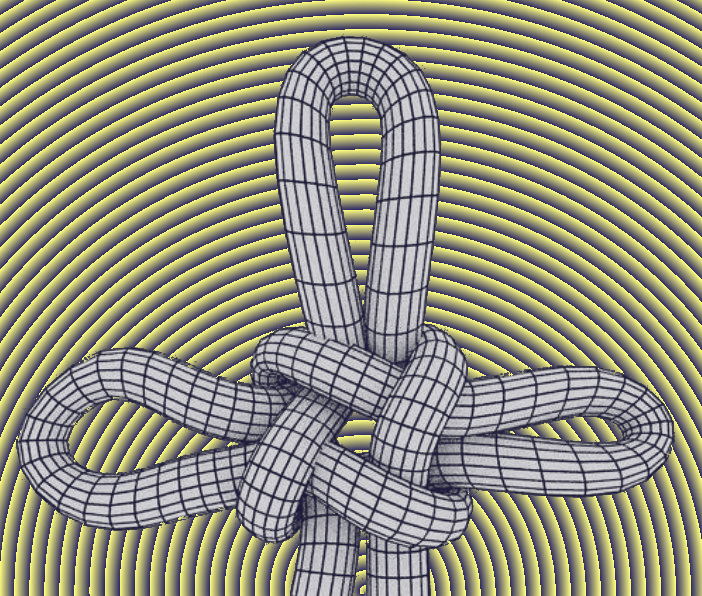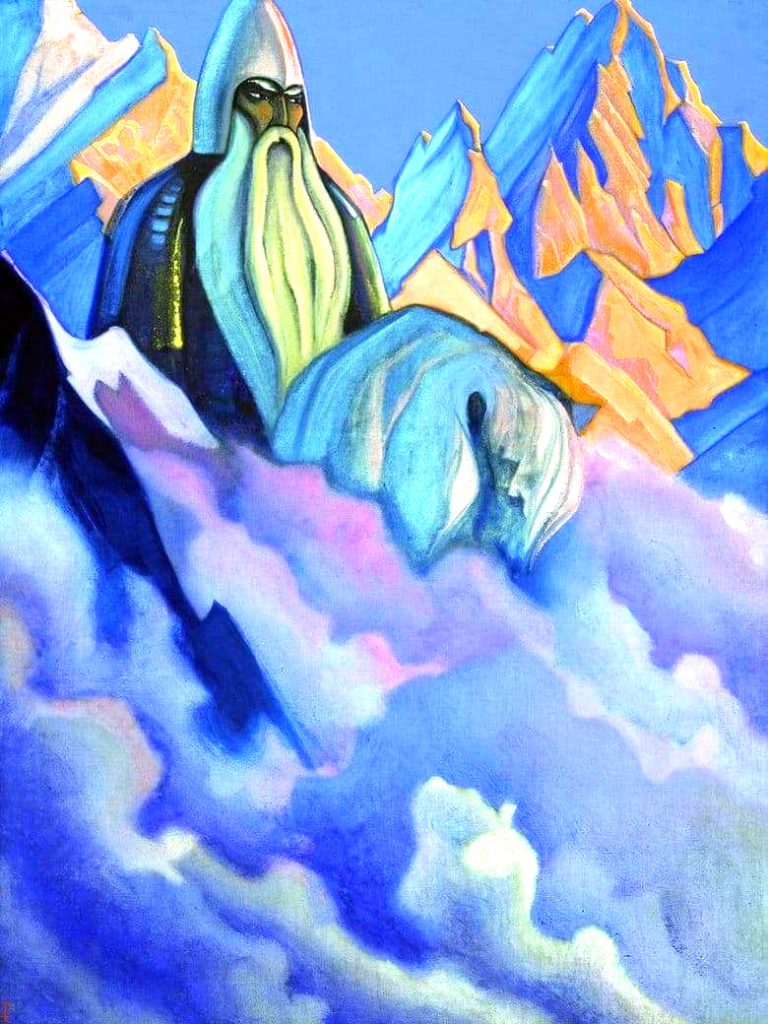
translated from the Pali by Bhikku Bodhi
“Bhikkus, there are these three authorities. What three? Oneself as one’s authority, the world as one’s authority, and the Dhamma as one’s authority.
“And what, bhikkus, is oneself as one’s authority? Here, having gone to the forest, to the foot of a tree, or to an empty hut, a bhikkhu reflects thus: ‘I did not go forth from the household life into homelessness for the sake of a robe, almsfood, or lodging, or for the sake of becoming this or that, but rather [with this thought]: ‘I am immersed in birth, old age, and death; in sorrow, lamentation, pain, dejection, and anguish. I am immersed in suffering, afflicted by suffering. Perhaps an ending of this entire mass of suffering can be discerned.” As one what has gone forth from the household life into homelessness, it would not be proper for me to seek out sensual pleasures similar to or worse than those I have discarded.’ He then reflects thus: ‘Energy will be aroused in me without slackening; mindfulness will be established without confusion; my body will be tranquil without disturbance; my mind will be concentrated and one-pointed.’ Having taken himself as his authority, he abandons the unwholesome and develops what is blameless; he maintains himself in purity. This is called oneself as one’s authority.

“And what, bhikkhus, is the world as one’s authority? Here, having gone to the forest, to the foot of a tree, or to an empty hut, a bhikku reflects thus: ‘I did not go forth from the household life into homelessness for the sake of a robe, almsfood, or lodging, or for the sake of becoming this or that, but rather [with this thought]: “I am immersed in birth, old age, and death; in sorrow, lamentation, pain, dejection, and anguish. I am immersed in suffering, afflicted by suffering. Perhaps an ending of this entire mass of suffering can be discerned.” As one what has gone forth from the household life into homelessness, I might think sensual thoughts, thoughts of ill will, or thoughts of harming. But the abode of the world is vast. In the vast abode of the world there are ascetics and brahmins (SS: and wizards too) with psychic potency and the divine eye who know the minds of others. They see things from a distance but they themselves are not seen even when they’re close; they know the minds [of others] with their own mind. They would know me thus: “Look at this clansman: though he has gone forth from the household life into homelessness out of faith, he is tarnished by bad unwholesome states.” There are deities, too, with psychic potency and the divine eye who know the minds of others. They even see from a distance but are not seen themselves even when they are close; they too know the minds [of others] with their own mind. They too would know me thus: “Look at this clansman: though he has gone forth from the household life into homelessness out of faith, he is tarnished by bad unwholesome states.”‘ He then reflects thus: ‘Energy will be aroused in me without slackening; mindfulness will be established without confusion; my body will be tranquil without disturbance; my mind will be concentrated and one-pointed.’ Having taken the world as his authority, he abandons the unwholesome and develops what is blameless; he maintains himself in purity. This is called the world as one’s authority.
“And what, bhikkhus, is the Dhamma as one’s authority? Here, having gone to the forest, to the foot of a tree, or to an empty hut, a bhikku reflects thus: ‘I did not go forth from the household life into homelessness for the sake of a robe, almsfood, or lodging, or for the sake of becoming this or that, but rather [with this thought]: “I am immersed in birth, old age, and death; in sorrow, lamentation, pain, dejection, and anguish. I am immersed in suffering, afflicted by suffering. Perhaps an ending of this entire mass of suffering can be discerned.” The Dhamma is well expounded by the Blessed One, directly visible, immediate, inviting one to come and see, applicable, to be personally experienced by the wise. As one who has gone forth from the household life into homelessness in this well-expounded Dhamma and discipline, it would be improper for me to be lazy and heedless.’ He then reflects thus: ‘Energy will be aroused in me without slackening; mindfulness will be established without confusion; my body will be tranquil without disturbance; my mind will be concentrated and one-pointed.’ Having taken the Dhamma as his authority, he abandons the unwholesome and develops what is blameless; he maintains himself in purity. This is called the Dhamma as one’s authority.
“These, bhikkus, are the three authorities.”
(SS: follow your own conscience, stay blameless, trust The Plan)
from the Aṅguttara Nikāya – The Book of Threes – Sutta 40
“The Numerical Discourses of the Buddha”
© Bhikkhu Bodhi, The Numerical Discourses of the Buddha (Wisdom Publications, 2012)
This excerpt from The Numerical Discourses of the Buddha by Bhikkhu Bodhi is licensed under a Creative Commons Attribution-NonCommercial-NoDerivs 3.0 Unported License.
Permissions beyond the scope of this license may be available at Wisdom Publications.